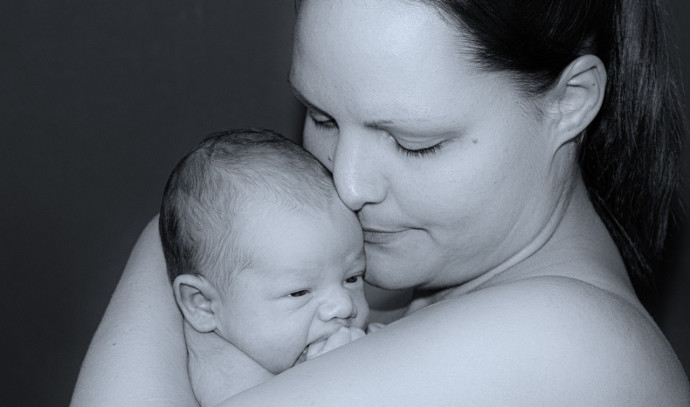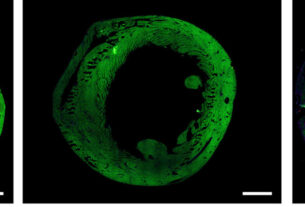A 28-year-old resident of Haifa was found dead last Thursday in a reported suicide, with her 10-month-old toddler beside her. Sources believe that this incident was a result of postpartum depression. Following this tragedy, the issue resurfaced, gaining national attention.
Dr. Sharon Pelagi, a psychologist at Maccabi Health Services, helped readers better understand what postpartum depression actually is, the symptoms, and recommended treatment methods.
What is postpartum depression?
Dr. Pelagi explains that almost every woman who gives birth experiences a certain change in mood after giving birth. When these feelings occur within the weeks after giving birth, it is associated with a common phenomenon called postpartum depression, or baby blues.
After giving birth, this is a very common condition, impacting mothers after 75-80% of births. The mother will feel mood swings, nervousness and irritability, may have difficulty sleeping, as well as fatigue and sensitivity. These symptoms will usually pass gradually in the first weeks after birth, and will not impair the mother’s functioning, nor the relationship she will create with the baby.
When the symptoms do not go away within a few weeks, it can cause an additional problem. When the mother is distressed and her ability to function is impaired, those symptoms becomes postpartum depression.
Postpartum depression occurs in about 10% to 15% of births, and affects the mother’s mood, thinking and functioning. The mother feels severe feelings of sadness, worthlessness, helplessness and guilt, her thought pattern is characterized by pessimism and hopelessness.
Many times she is very busy worrying about her baby and his health. In some cases, we also see functional obstacles for the mother, difficulty or anxiety to take care of the baby, and an almost compulsive preoccupation with the baby and its needs.
Additionally, moms may experience an inability to enjoy playing with the baby. They may experience a lack of warm connection, and may not feel the sense of connection and pleasure typical between the baby and the mother.
In rarer cases, about one in a thousand, there is damage to the mother’s ability to think clearly, nonsensical thoughts, extreme unrest, unclear thoughts and speech and extreme insomnia.
These cases are more concerning as they can lead the mother to harm herself or her baby. When this is the case, it is recommended to turn to psychiatric and psychological care as soon as possible. Sometimes, in order to keep the mother safe and stabilize her, she may need to be committed.
No woman is immune to postpartum depression, but there are women who are at higher risk: Women who have suffered from depression prior, especially during pregnancy or after previous births; women who have relatives who suffered from mental health issues in the past; and women whose pregnancies were unwanted or were characterized by many difficulties and high risk.
Furthermore, a lack of family or friends support, relationship issues, feelings of loneliness or lack of belonging, pressure throughout the pregnancy and trauma in the mother’s past heighten the risk.
How can you treat postpartum depression?
It’s important that the treatment for the mother comes fast as her depression affects not just her but the developing baby too. Sharing, support and receiving help from others is one of the most important parts of treatment.
It’s important that the mother receive understanding from her partner, family and friends. But it’s also important that the mother continue, as much as possible, to take care of the baby and stay in contact with them. This important not just for the baby but also help the mother connect more with them and create a stronger feeling of love, helping the depression leave.
Even so, you must still be attentive to the mother’s needs and consider with her how much she can do, if it’s right for to continue breastfeeding, if she can get up for the baby in the middle of the night and how much time she can spend alone with the baby throughout the day.
When the depression isn’t intense, joining a mothers’ support group can help. The situation among the mothers is in a similar place, and they’re also concerned with the subject of motherhood and the anxieties that rise from it. These groups lessen the feeling of loneliness, increases the feeling of belonging and normalcy and allow the women to get advice.
Often, support from family and friends is not enough and professional help is needed. Psychological help for the mother is characterized by creating a warm and empathetic connection, creating a space where the mother will get recognition and validation of her feelings and difficulties, understanding for her situation and help to get back to normal with close guidance.




